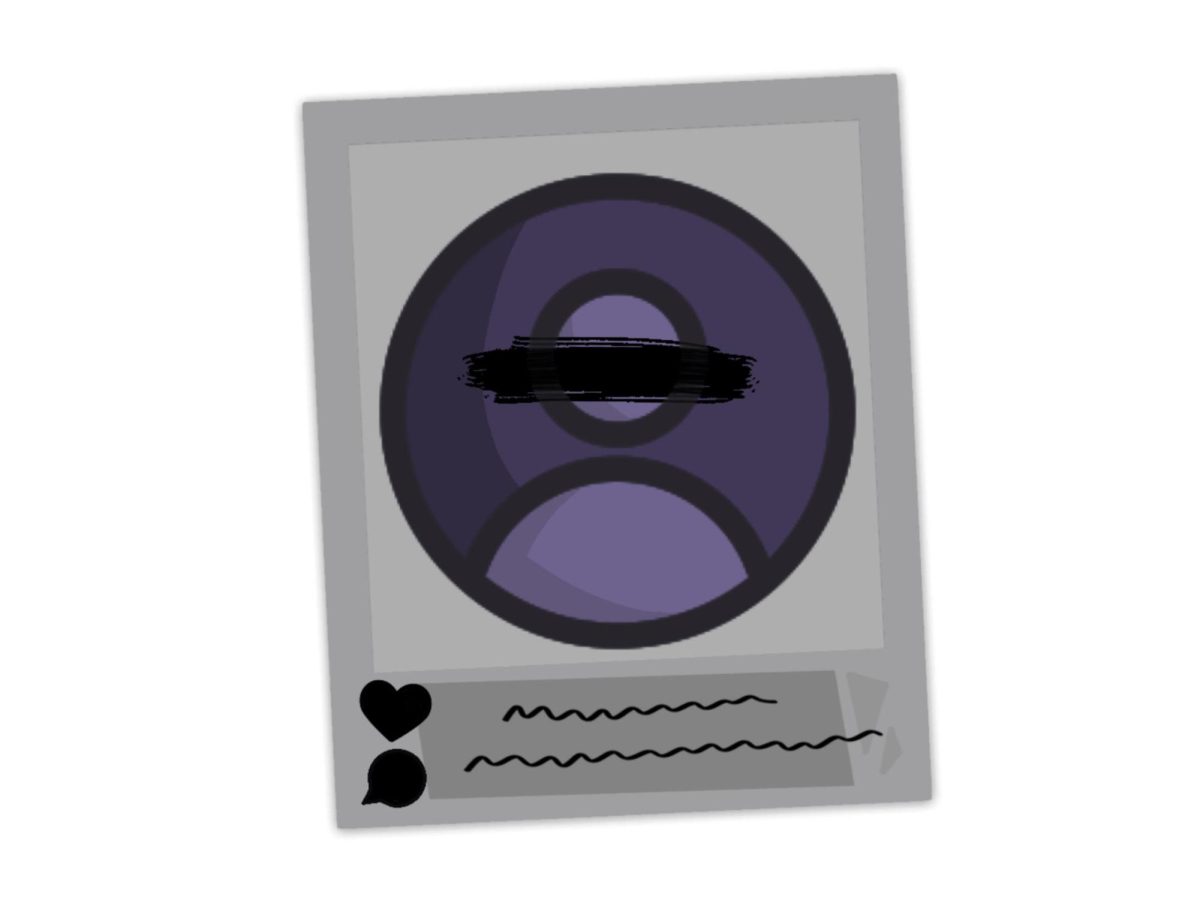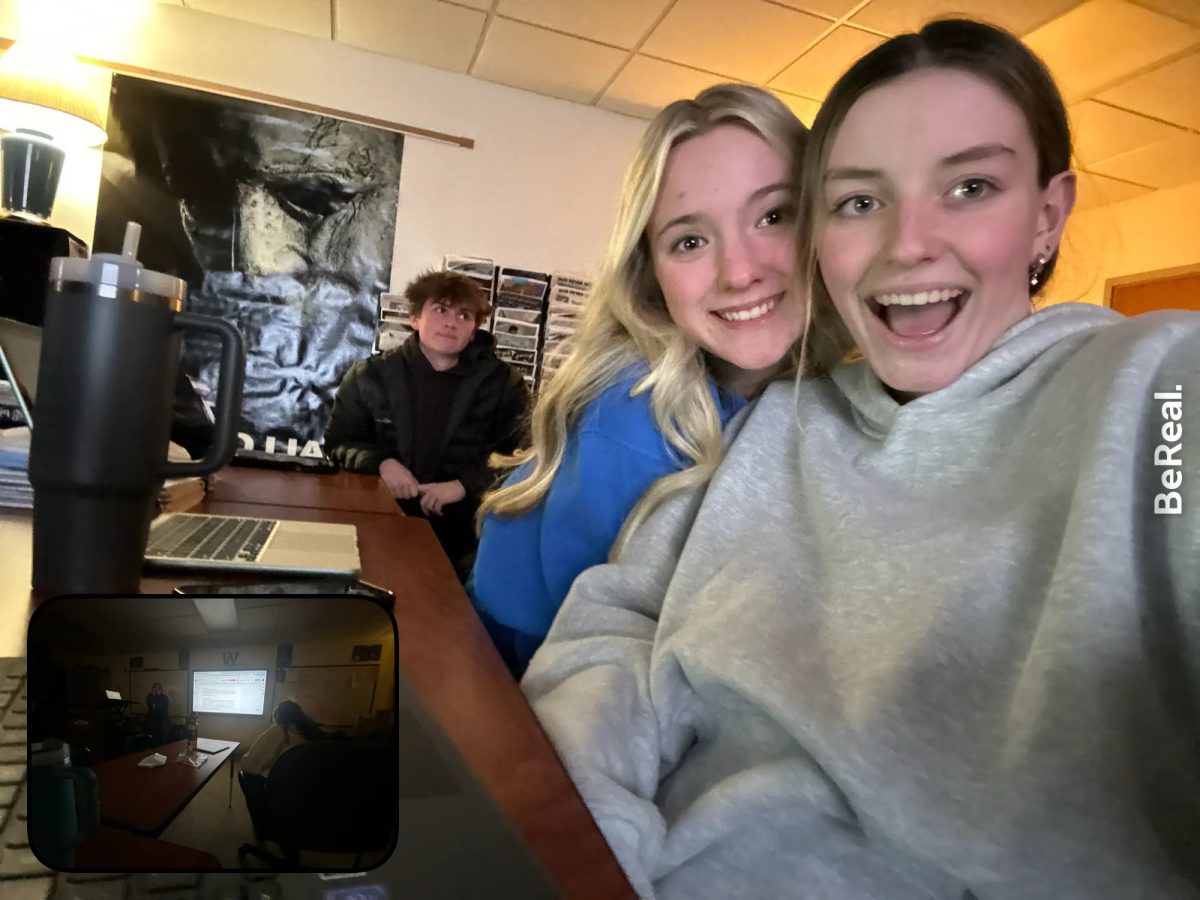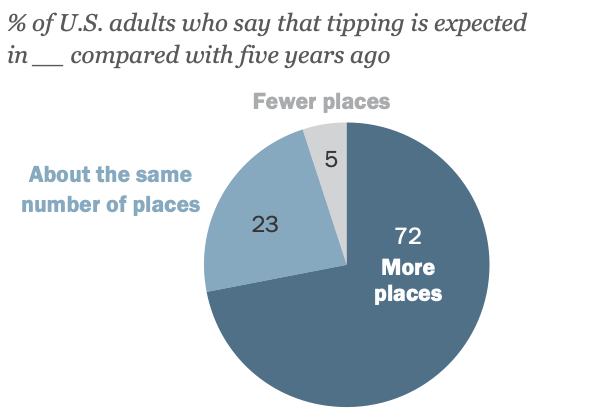You may be the only one to notice that pimple on your face, the stain on your shirt, or the bad day you were having in a picture someone posted of you. You may want it taken down because it’s not something you’re comfortable with the world seeing. Many people are insecure, even in the best of pictures. It may be just you who feels that way, but shouldn’t that be a justifiable reason?
We learn about consent from our first years in school. We learn not to touch others without permission. We learn to ask before using someone else’s things. Society seems to get the message. But as technology advances and social media ties into our everyday lives, these basic courtesies seem to lose importance.
Scrolling through social media to see yourself in the background or even center stage in someone else’s post can be disheartening. Oftentimes, they won’t take it down—even if you don’t like it—since the picture may be acceptable in their eyes, or they value the post and social media attention they receive more than your feelings.
Why has the idea of consent begun to feel irrelevant in the age of social media?
Small-town friends are not the only people falling victim to non-consensual posting. Worldwide, pictures of young and sometimes infantile children end up on the internet due to parents choosing to share their kids publicly. Sure, it can feel affectionate and special to share the memories with the child you’re raising; however, when those pictures are public, it opens the door to unwanted viewership and potentially abusive and pedophilic onlookers.
Sites like Facebook or Instagram—which typically market themselves for image-sharing purposes—and personal blogs act as invitations for any person to do any number of things with any image. Exploitation, stalking, and child pornography have never been more accessible to malicious individuals.
Another case of non-consensual media, this time video, is the various channels across film platforms marketing themselves with family and parenting branding. YouTube holds a community known as “family channels,” which target a demographic of parents and children who want to see how other families function and what they do together.
Despite there being a handful of well-intentioned and maintained families being broadcasted to the world, many parents seize the market provided and fall victim to a pipeline of child exploitation and borderline abuse. When those children—who don’t know about their right to consent and the ramifications of being posted to the internet at their age—become sources of revenue, exploitation becomes inevitable.
While laws exist for child actors, such as Coogan’s Law, where 15% of earnings by child actors must be kept in trust for the children when they come of legal age, the lines are blurred when it’s an independent producer or “for-fun” content on video streaming sites. In some cases, the children may not receive any compensation, even years later, despite being a keystone for their channel’s followers.
Laws are in place attempting to target possible offenses for various photography crimes, but nobody seems to acknowledge their place. Like other minuscule laws, such as jaywalking, they remain very hard to define and enforce. It’s hard to hold a legal offense against someone posting a picture without permission unless it qualifies under pornography or “revenge porn” if it’s a result of a conflict.
Additionally, laws are in place prohibiting the use of recording devices within public restrooms. These manifest as restriction of surveillance cameras and, in some cases, recording devices entirely. It’s a risk to the privacy and security of all parties within the space. Oftentimes, you’ll see signs detailing these rules outside of public restrooms, including those inside Stoughton High School. Regardless, pictures of school and public bathrooms are posted all the time.
Even through the ethical and potentially legal troubles, people carelessly post, share, and diffuse pictures across the internet. We are in an age where maintaining privacy and comfort is harder than ever.
We’re told to T.H.I.N.K before we post a thought: is this post true, helpful, inspiring, necessary, and kind? It’s time to do the same with pictures and videos of other people. Before clicking the upload button on your post, wait to get the consent of the people involved. The patience is well worth it.









